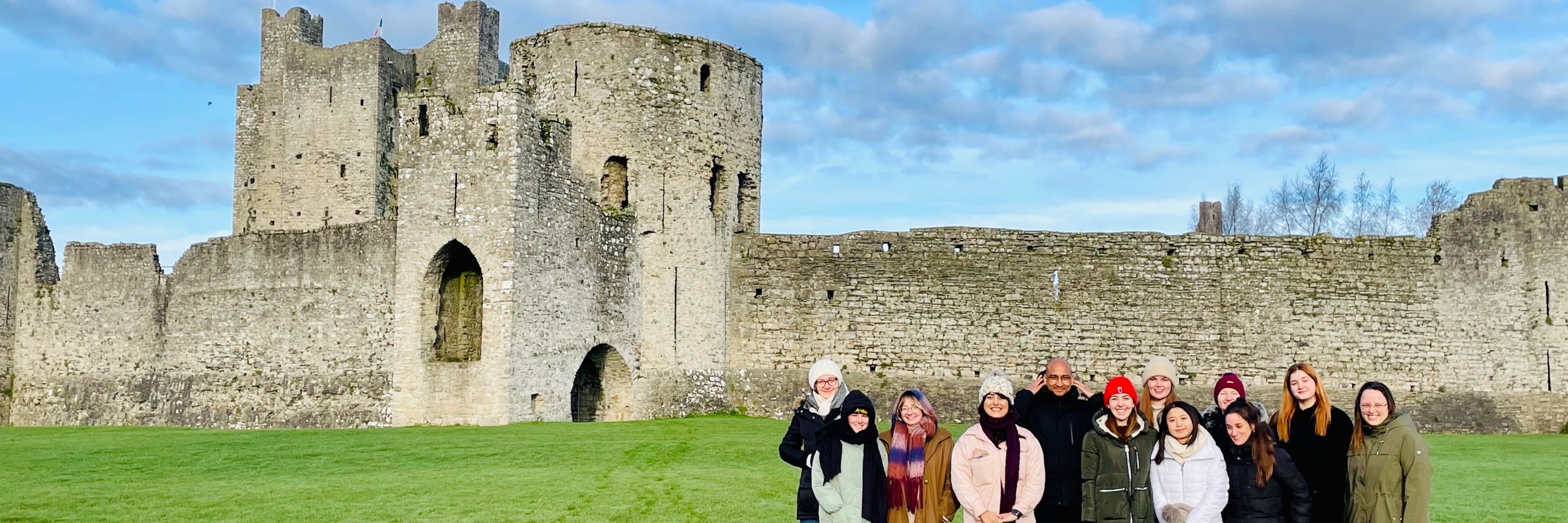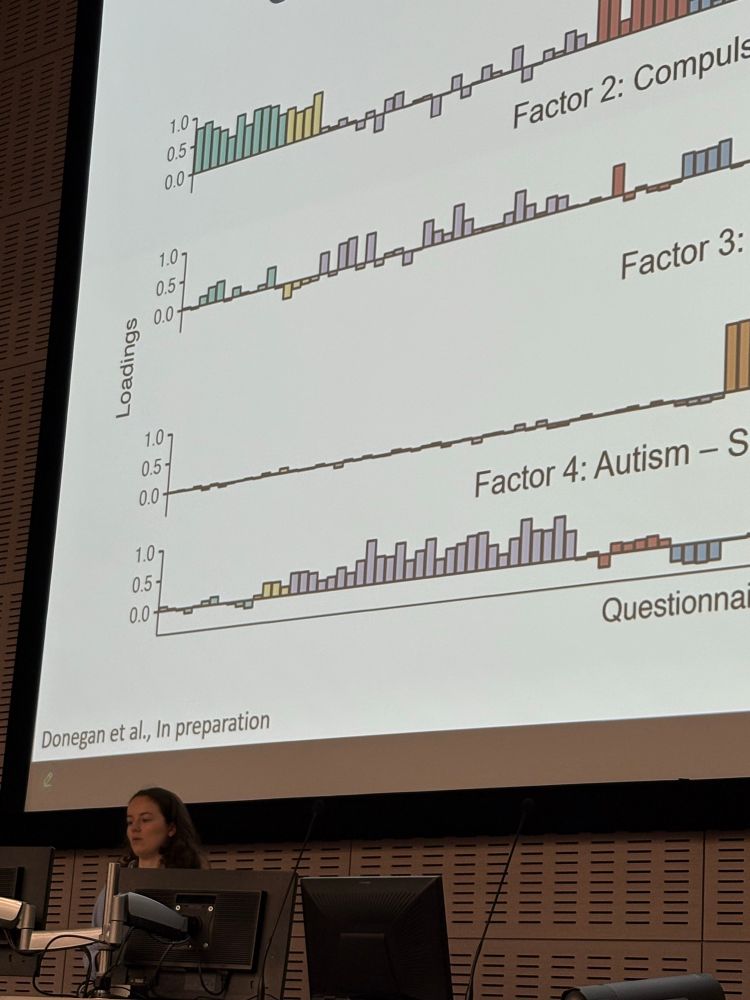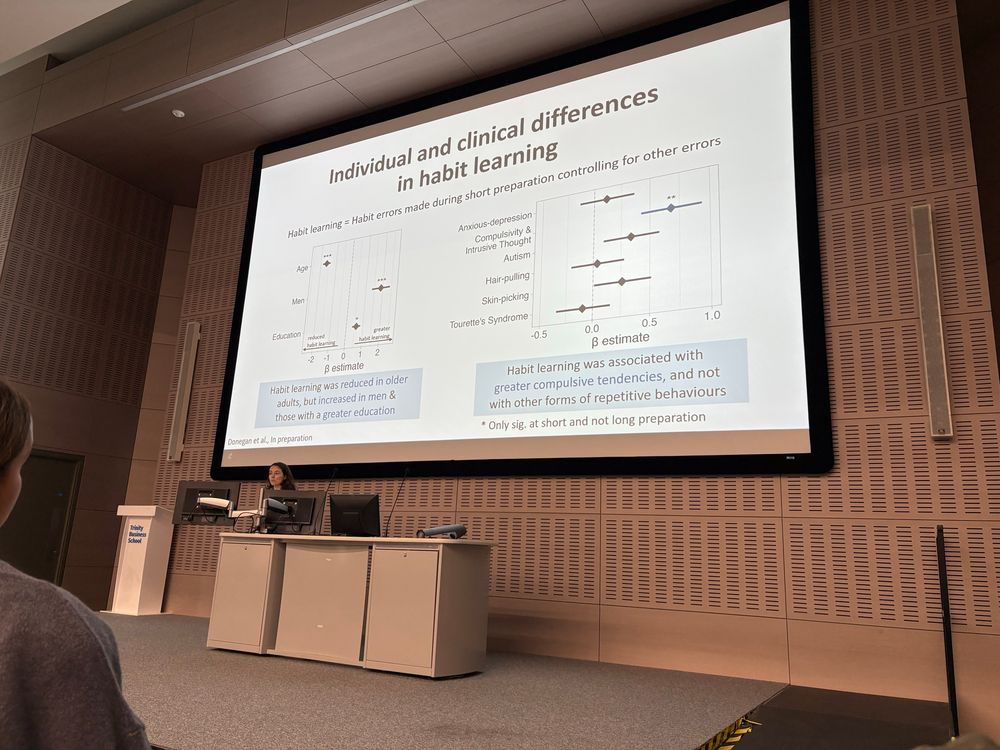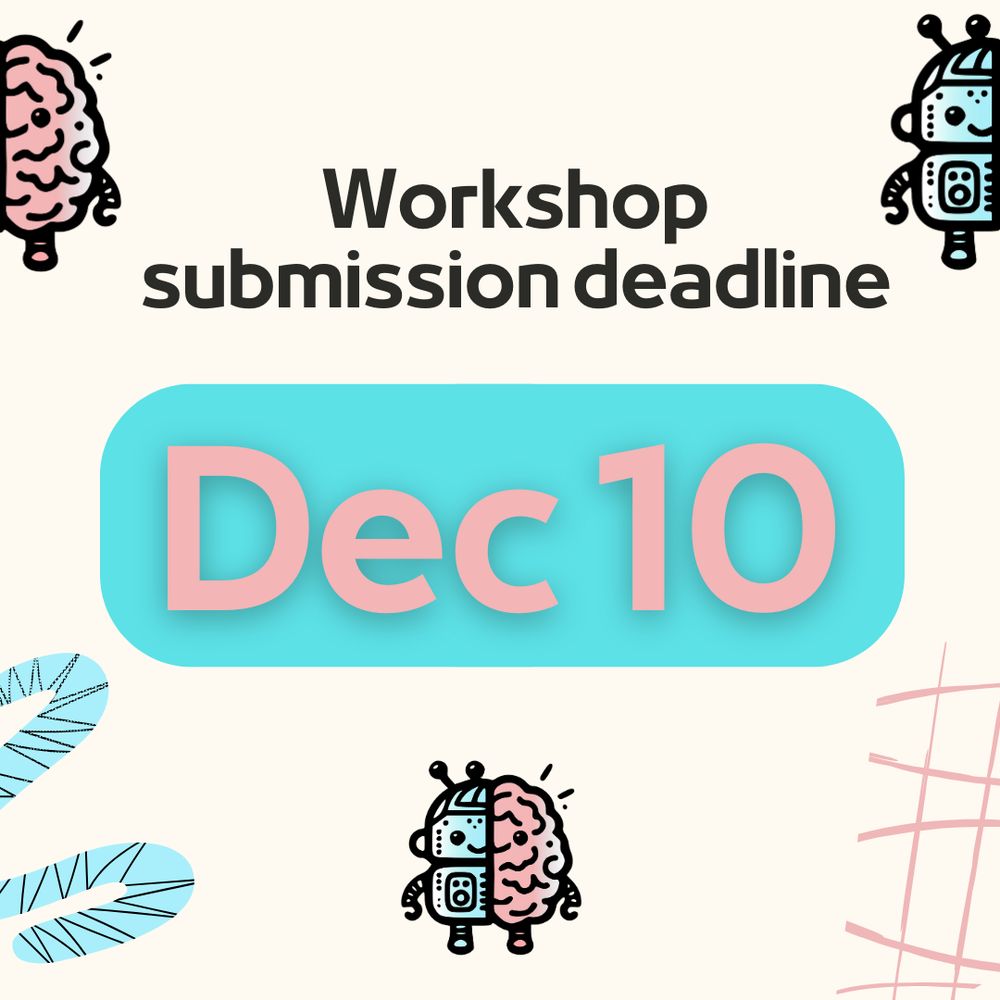












osf.io/preprints/ps...


osf.io/preprints/ps...







@neurekaApp and data from thousands of citizen scientists to examine how well-established ricks factors relate to subjective versus objective cognitive ability across the lifespan. doi.org/10.1002/alz....

@neurekaApp and data from thousands of citizen scientists to examine how well-established ricks factors relate to subjective versus objective cognitive ability across the lifespan. doi.org/10.1002/alz....







